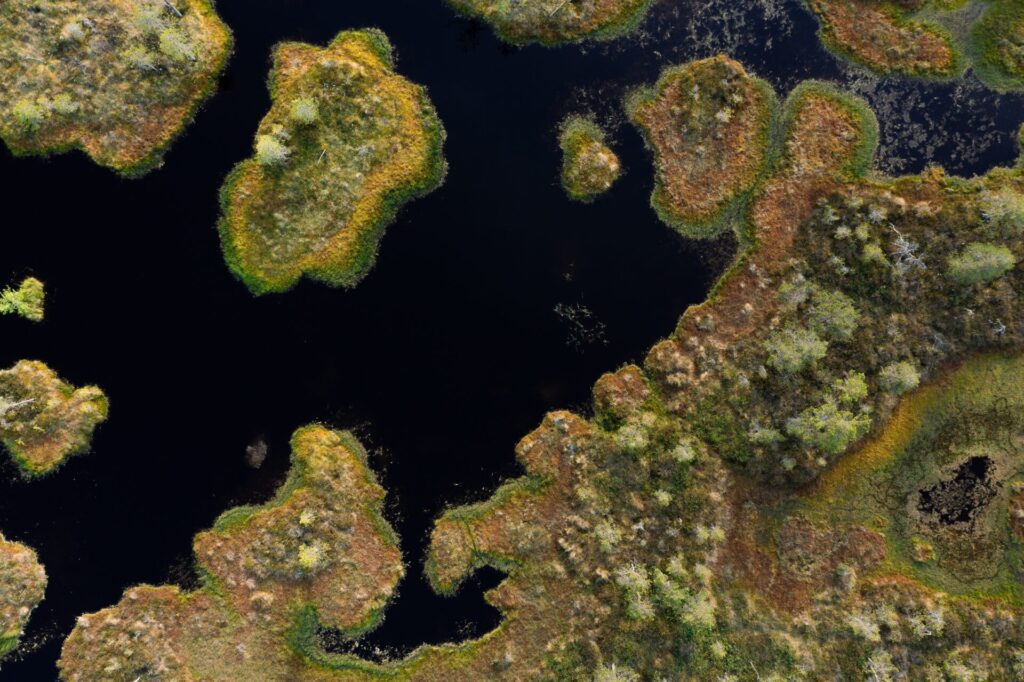Kering Champions Regenerative Agriculture


Each and every ecosystem is paramount to supporting our planet and the life that occupies it. Without it we risk losing the very components that ensure our existence, such as water, food and essential resources that we utilise every day.
Soil is a fundamental element of the ecosystem, playing a central role to natural sequestration, food and fibre production. The apparel producing industry has long been practicing exploitative forms of agriculture and is currently built on an extractive model. Overgrazing, land conversion, the use of chemicals, deforestation, and the extraction of non-renewable materials based on fossil fuels have led to unintended consequences threatening soil health, biodiversity and livelihoods. Moreover, soil degradation and forest destruction has also contributed to declining water availability and quality, increased risks of flooding, and dangerous changes in weather patterns.
To avoid catastrophic consequences for planetary resources and increase its long-term resilience, the fashion industry should adopt a regenerative, nature-positive land stewardship approach. To align the production of plant-based fibres with the 1.5-degree pathway, the textile industry must move to a new production model based on restoration, regeneration, and recycling that puts nature at its centre.
According to a recent report from Textile Exchange, regenerative agriculture holds great potential to mitigate fundamental climate-related risks to the fashion industry through a multitude of co-benefits, including improving soil fertility and soil carbon, reducing the need for chemicals, ensuring resilience to extreme weather, increasing crop yield potential, driving disease resistance, improving water and air quality, and more.
Crucially, endeavours towards regenerative agricultural practices must prioritise justice and equity, honouring Indigenous farming practices and recognise the impact of agriculture on land beyond the boundaries of farms. Investment in regenerative agriculture projects should be approached as an investment in a fundamentally different system, not a variation on the current extractive model.
To help reach its commitment to attain a net positive impact on biodiversity by 2025, Kering and Conservation International publicly launched the Regenerative Fund for Nature. By 2025, the Fund has the ambitious target of bringing 1,000,000 hectares of farms and rangelands in Kering’s sourcing landscapes under regenerative agricultural practices.
So far, the Fund, has drawn on best-in-class science to adopt a very clear definition of regenerative agriculture, which revolves around 5 key principles: improving soil health, enhancing biodiversity, reducing the use of harmful inputs, improving livelihoods and ensuring animal welfare. The selected projects have all built context-appropriate KPIs which correspond to these principles, and will rigorously track progress against validated monitoring & evaluation plans. In order to ensure ‘regenerative agriculture’ delivers its promised outcomes, it is critical for the fashion industry to take a rigorous approach to project implementation, and use a combination of both process-based as well as outcome-based KPIs.
Together with Conservation International, Kering optimised a scientific mapping process to identify focal countries in which to focus its activities ensuring the selected landscapes were representative of critically important biomes and ecosystems, also presenting high potential for regeneration. Collectively, this first cohort of grantees are working to regenerate approximately 840,000 hectares of land, with an anticipated positive impact on 60,000 beneficiaries.
The Fund was publicly launched in early 2021, with the first round of grantees announced during the IUCN World Conservation Congress in Marseille later in 2021. The selected projects include:
Activities are currently underway, with grantees not only ramping up fieldwork, but also taking baseline measurements to monitor progress over the course of the Fund. To encourage the exchange of best practices, The Regenerative Fund for Nature Learning Exchange encourages grantees to share experiences and learnings with each other and external experts. Establishing and scaling this ‘community of practice’ provides a valuable way to effectively scale regenerative agriculture across the industry.
In order to successfully implement effective waste stream structures across their supply chain, and ensure circular value is captured in manufacturing countries, BESTSELLER joined GFA’s Circular Fashion Partnership in Bangladesh.